Pakistan is claiming it has “credible intelligence” of India launching military action against it in the wake of the Pahalgam terror attack. Fresh tensions have been brewing between the rival neighbours since the massacre in Kashmir last week killed 26 people, mostly tourists.
Both countries have taken tit-for-tat diplomatic measures against each other, with New Delhi suspending the Indus Waters Treaty and Pakistan closing its airspace to Indian airlines. Islamabad has also been asserting that a military incursion by India was “imminent”.
Let’s take a look at how Pakistan is stirring the prospect of a military escalation with India.
Pakistan fears armed conflict with India
Pakistan’s ministers have been making statements in public that India will initiate military action soon.
Amid rising tensions between the two countries, Islamabad said Wednesday (April 30) it has “credible intelligence” that India will carry out military action against it in the “next 24-36 hours on the pretext of baseless and concocted allegations of involvement in the Pahalgam incident”.
Pakistan’s Information Minister Attatullah Tarar said in a statement on X that Islamabad condemns terrorism in all forms and will “assuredly and decisively” respond to any military action from India.
He added that Pakistan would “defend” its “sovereignty and territorial integrity” at “all costs”.
Pakistan Defence Minister Khawaja Muhammad Asif has also earlier claimed that a military incursion by India was “imminent”. In an interview with Reuters on Monday, he said, “We have reinforced our forces because it is something which is imminent now. So in that situation some strategic decisions have to be taken, so those decisions have been taken.”
Asif said that Pakistan’s military had briefed the government about a possible attack by India. He said his country was on high alert but would only resort to using nuclear weapons if “there is a direct threat to our existence”.
Expressing confidence in the Pakistan Army’s capabilities, Maryam Nawaz, Chief Minister of Pakistan’s Punjab, said no one can harm the nation. “Today, there is tension looming on the India-Pakistan border. But there’s no need to panic as Allah has blessed the Pakistan Army with the strength to defend the country.”
“No one can attack Pakistan so easily as we are a nuclear power. No matter what political affiliations we have, we must stand united like a wall of steel behind armed forces against any outside aggression,” Maryam Nawaz, the daughter of the ruling Pakistan Muslim League-Nawaz (PML-N) president Nawaz Sharif, reportedly said while addressing a ceremony in Lahore.
New Delhi accuses Pakistan of sponsoring terrorism in Kashmir, a charge that Islamabad denies. However, two terrorists involved in the Pahalgam terror attack have been identified by India as Pakistani nationals. News reports, citing sources in the security establishment, say Hashim Musa – believed to be the mastermind of the April 22 terror attack in Pahalgam – is a former soldier of the Pakistan Army’s Para Forces.
Rejecting India’s allegations, Islamabad has called for a “neutral” investigation into the terror attack in Kashmir. Pakistan has also deemed India’s suspension of the Indus Waters Treaty as “an act of war”, saying it was prepared to respond, “with full force across the complete spectrum of national power”.
Pakistan is likely to take up the matter of suspension of the water-sharing agreement on the international stage.
Did Nawaz Sharif call for calm?
As tensions escalate, a Pakistani media report claimed that Prime Minister Shehbaz Sharif’s elder brother and former premier Nawaz Sharif has asked the government to refrain from taking an aggressive position against India.
“Nawaz Sharif wants his government to utilise all available diplomatic resources to restore peace between the two nuclear-armed states. He said that Nawaz was not keen on taking an aggressive position,” according to The Express Tribune report.
Meanwhile, Pakistan has claimed that India has not shared a “shred of evidence” for its “baseless” accusations linking the country to the Pahalgam terror attack. “Seven days have passed since the Pahalgam incident but, so far, India has not provided a shred of evidence for its baseless allegations against Pakistan,” Army spokesman Lieutenant General Ahmed Sharif Chaudhry told reporters in the garrison city of Rawalpindi, as per Anadolu Agency.
Pakistan violates LoC ceasefire
Pakistan has started unprovoked firing along the Line of Control (LoC) in Jammu and Kashmir since New Delhi suspended the Indus Waters Treaty on April 24.
Last night, the Pakistan Army launched firing along the LoC and the International Border (IB) across four border districts in the Union Territory. “On the night of April 29-30, Pakistan Army posts initiated unprovoked small-arms fire across the Line of Control opposite the Naushera, Sunderbani, and Akhnoor sectors in the Union Territory of Jammu & Kashmir,” a defence spokesperson in Jammu told PTI.
Initially, the Pakistani Army began small arms firing at many posts along the LoC in Kupwara and Baramulla districts of north Kashmir. It later expanded its ceasefire violation to the Poonch sector and Akhnoor in Jammu, which further escalated to the Sunderbani and Naushera sectors in Rajouri district. Firing was also reported along the IB in Jammu’s Pargwal sector.
With inputs from agencies


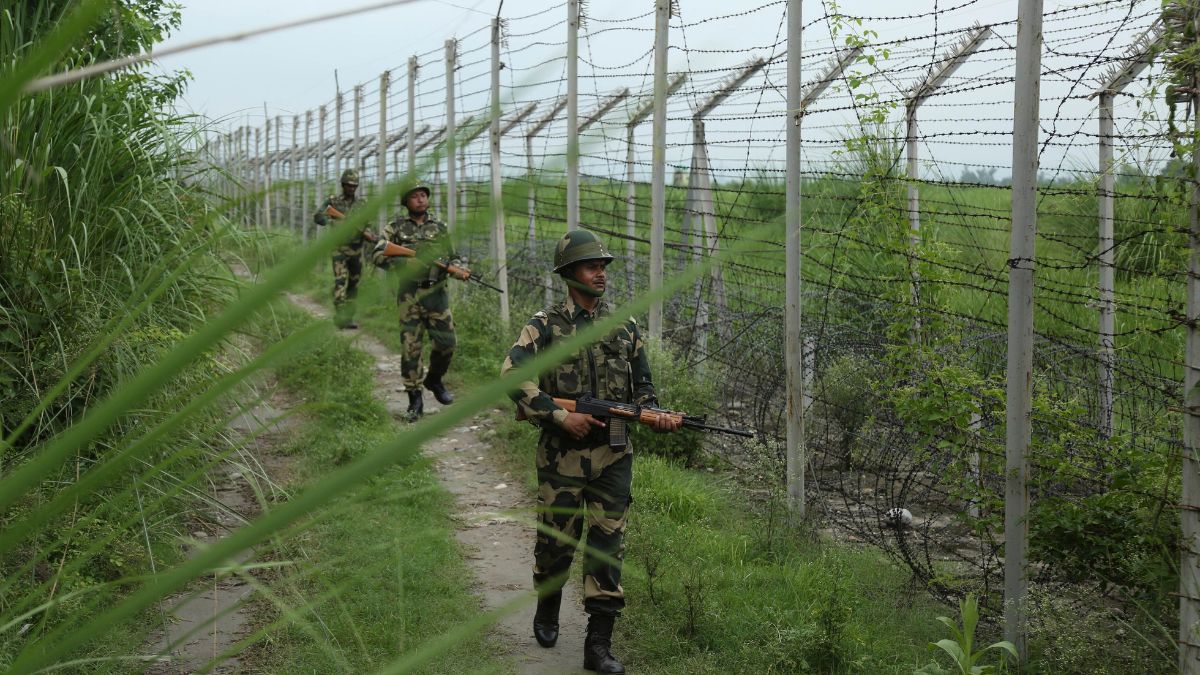)
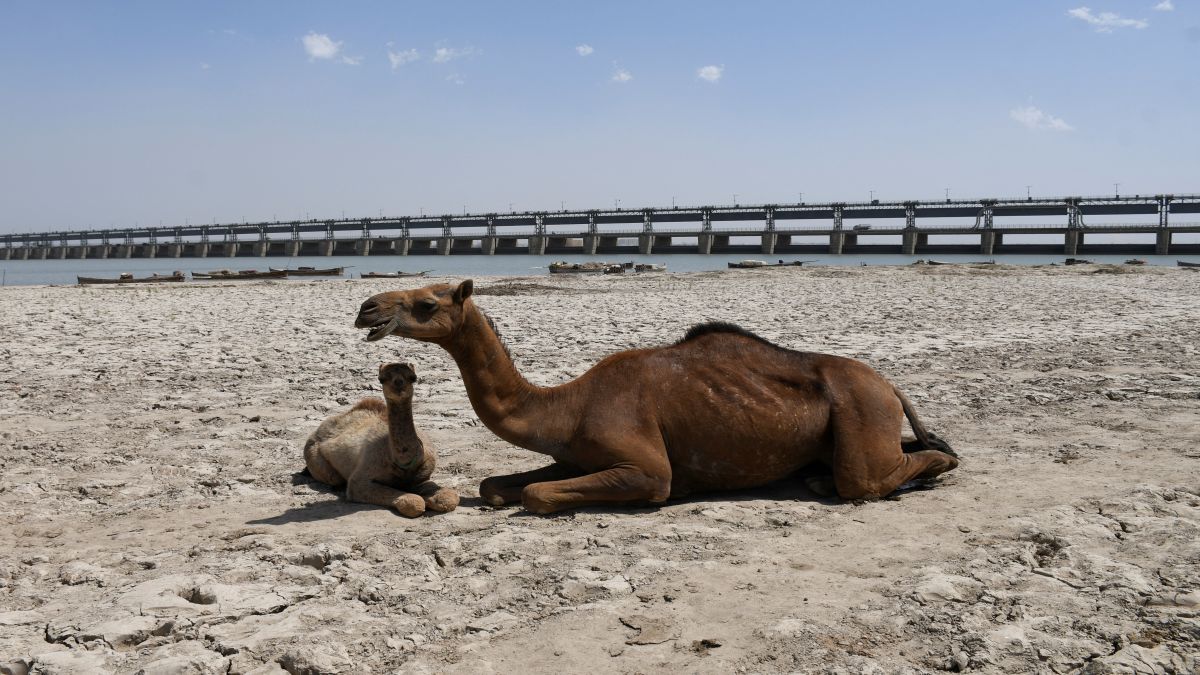)
)
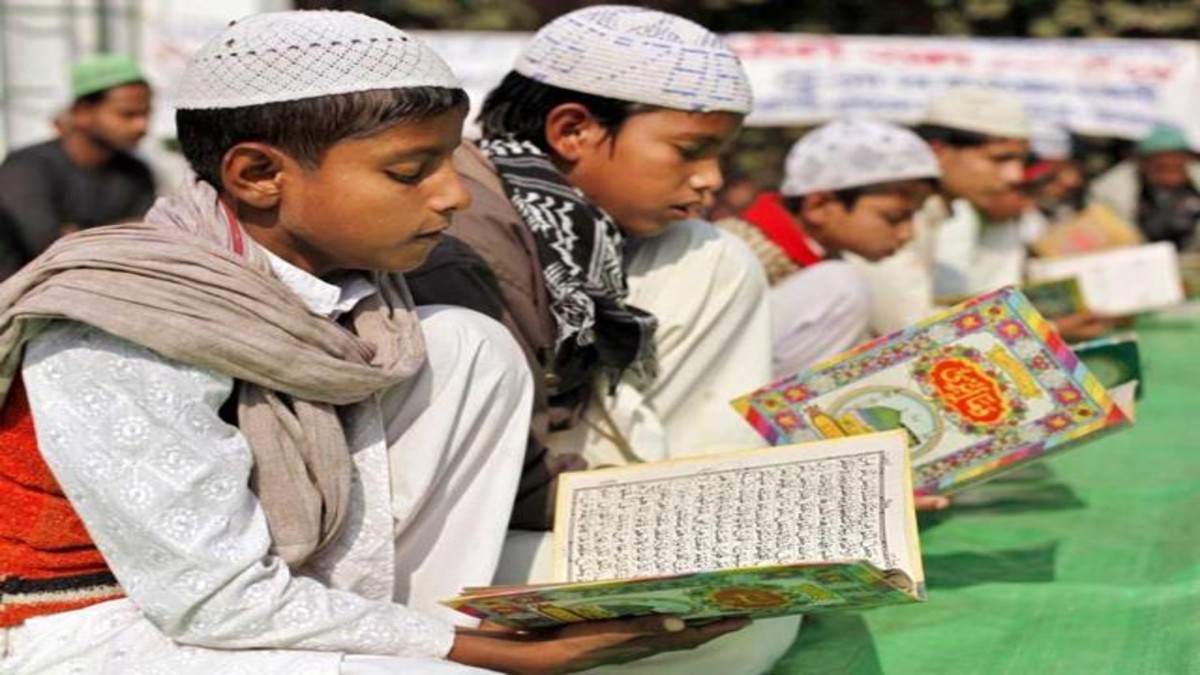)
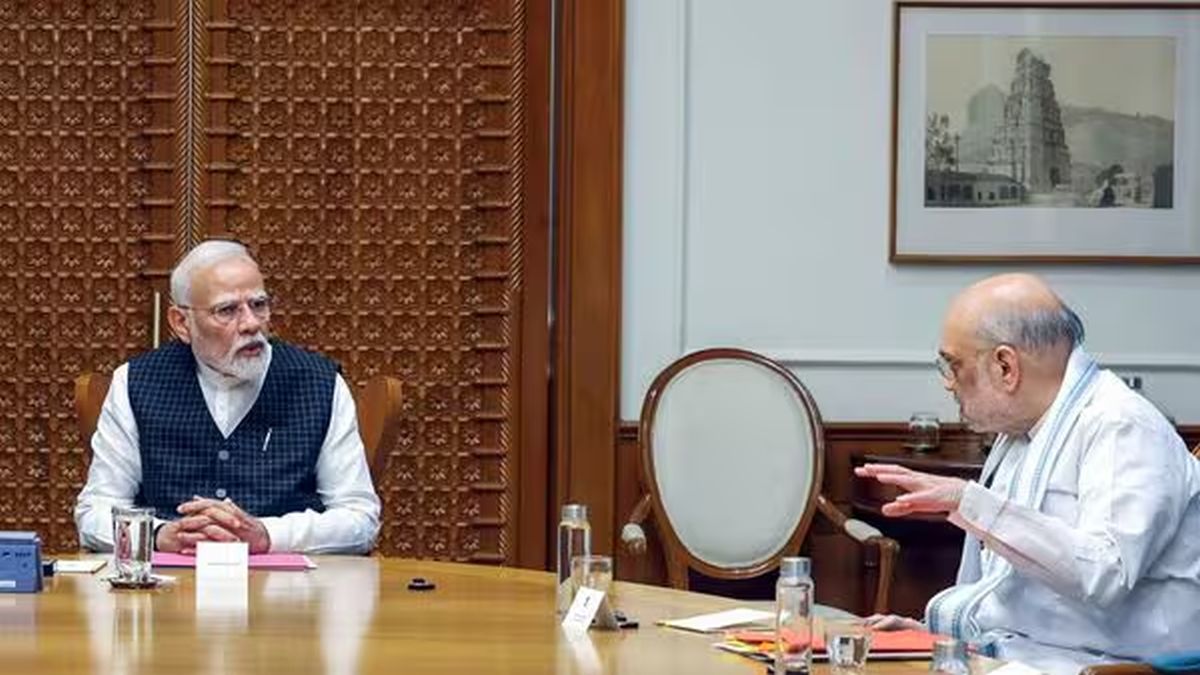)
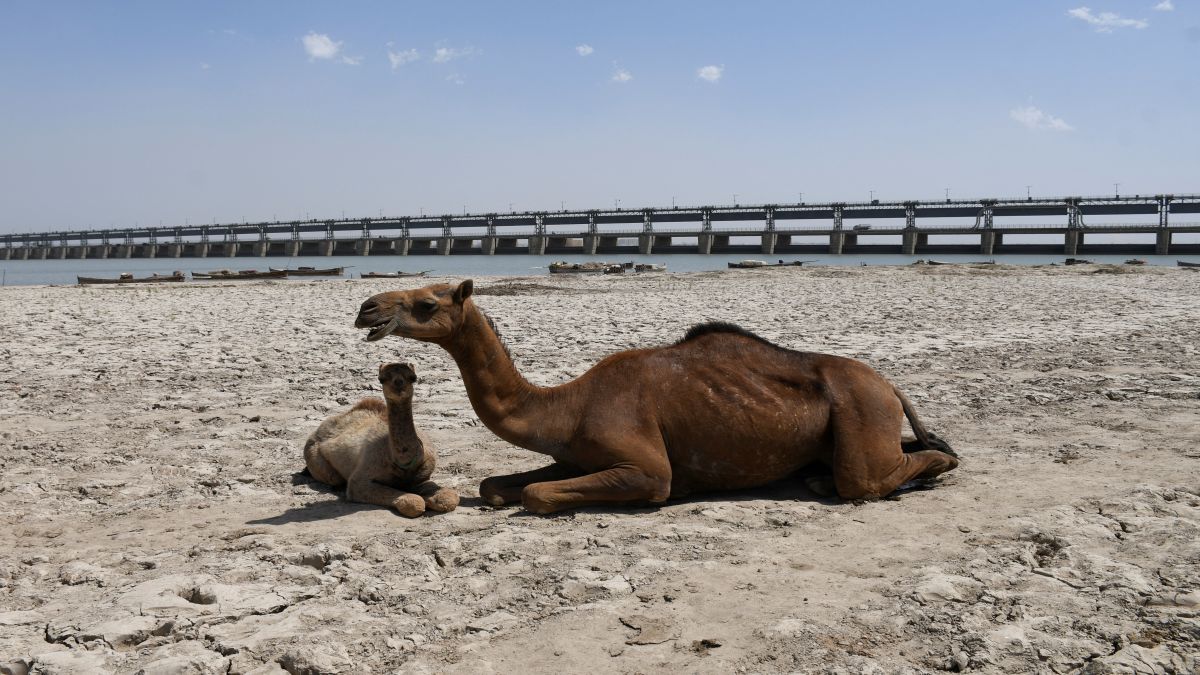)
)
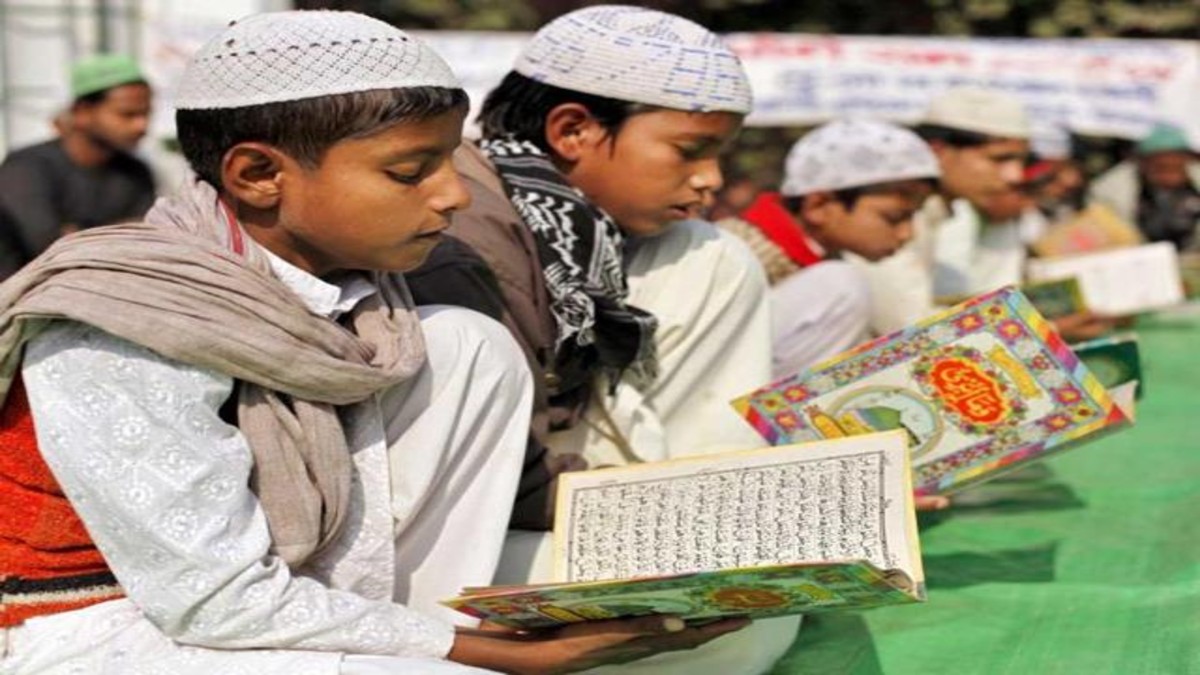)
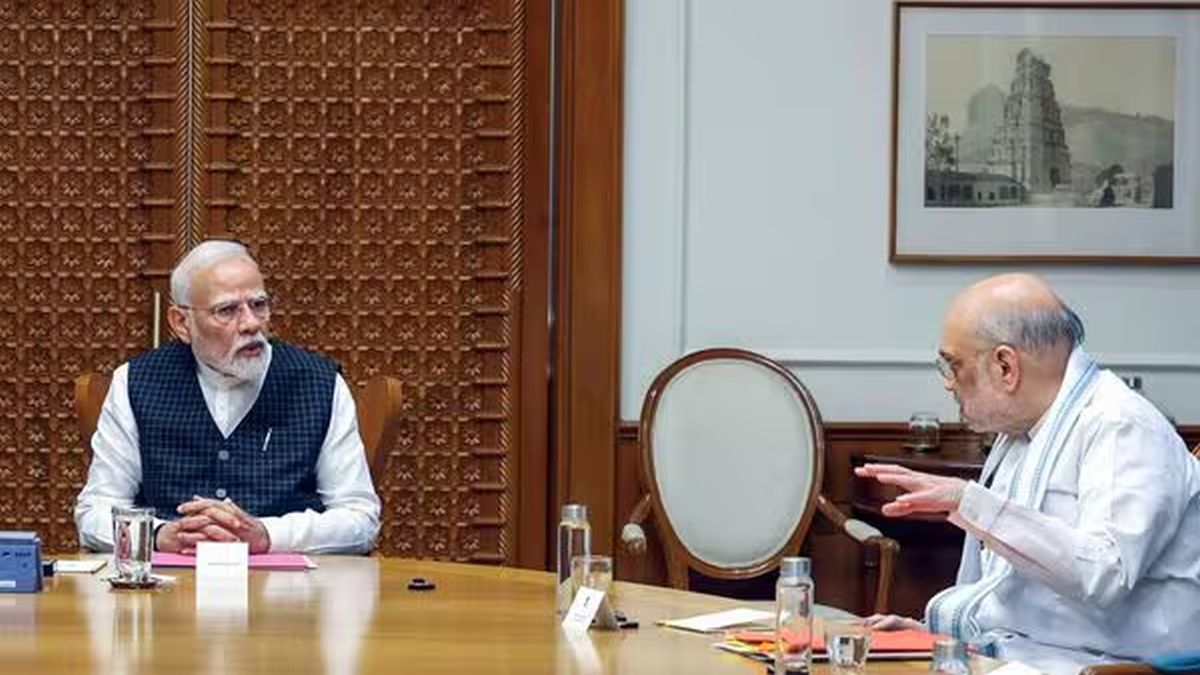)